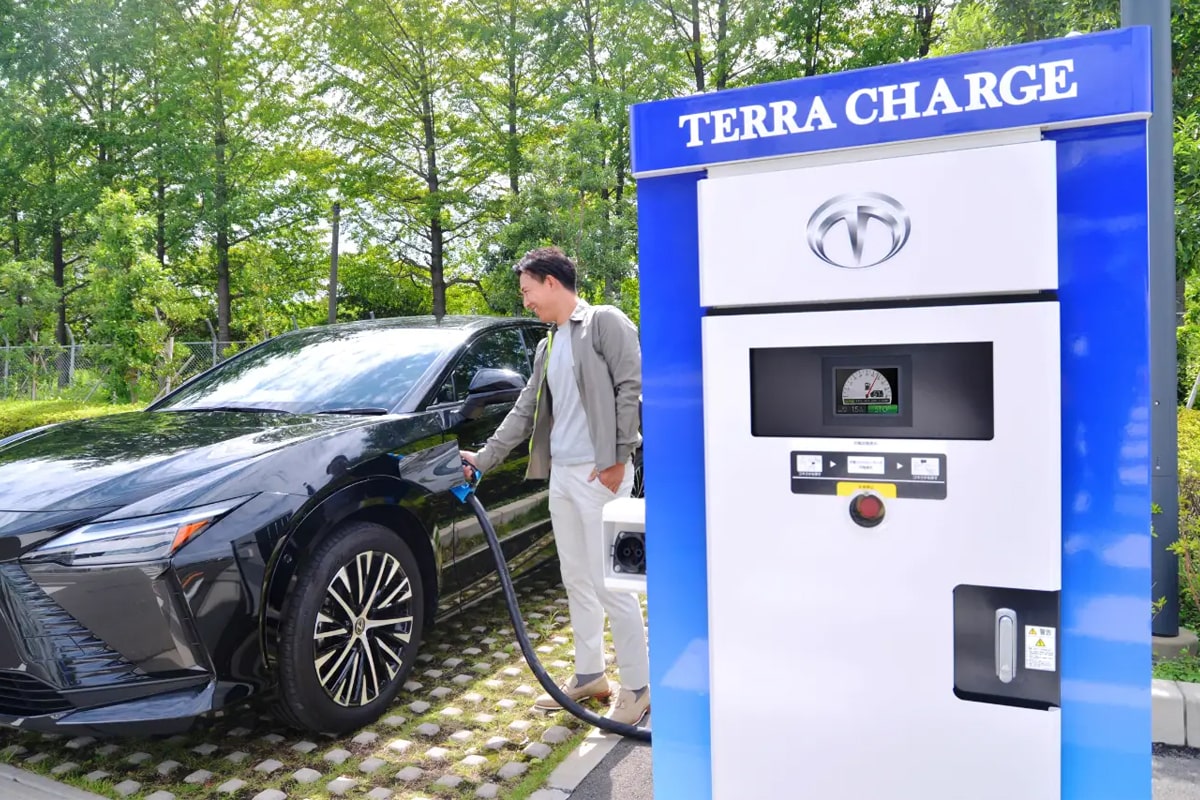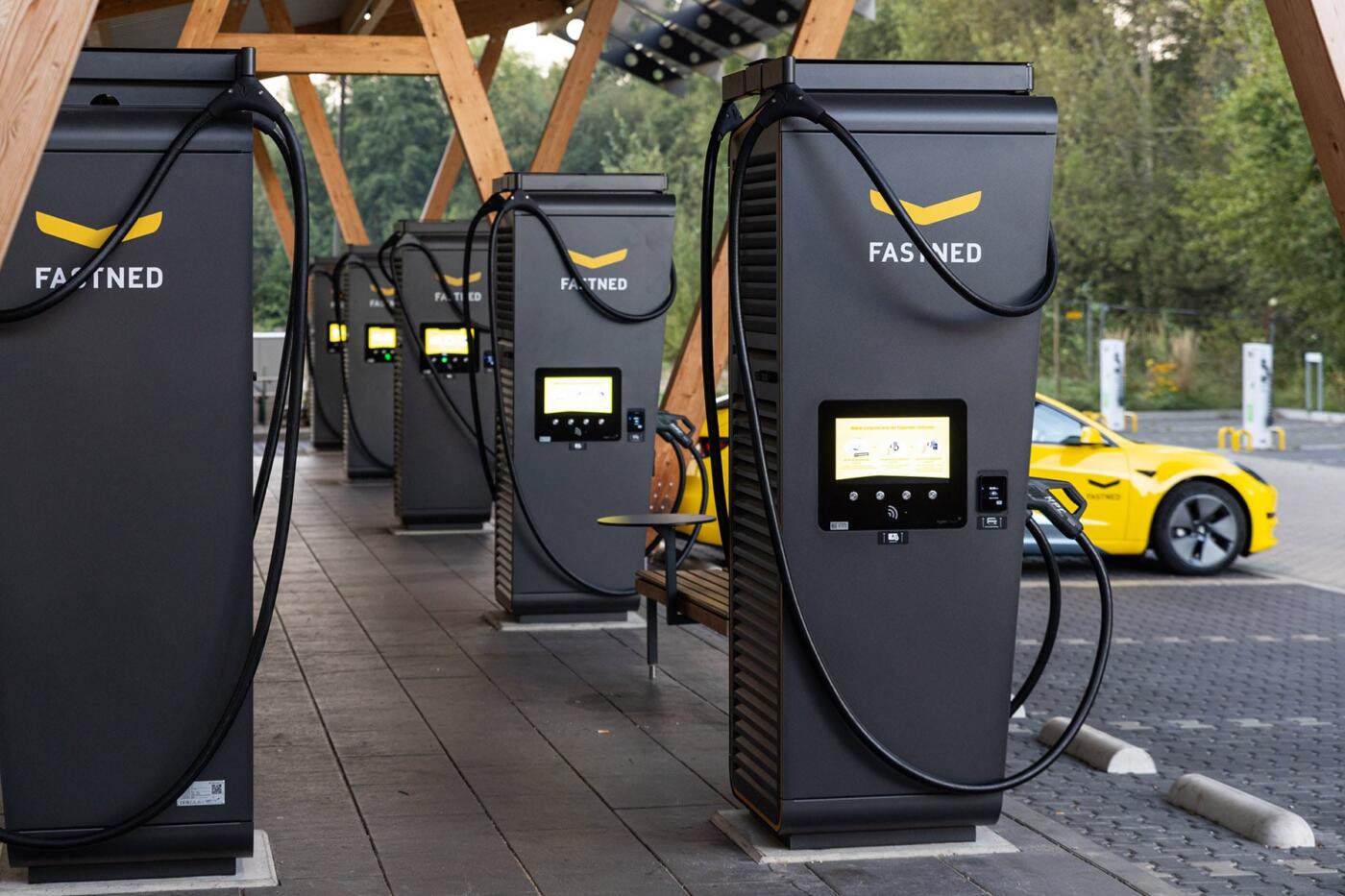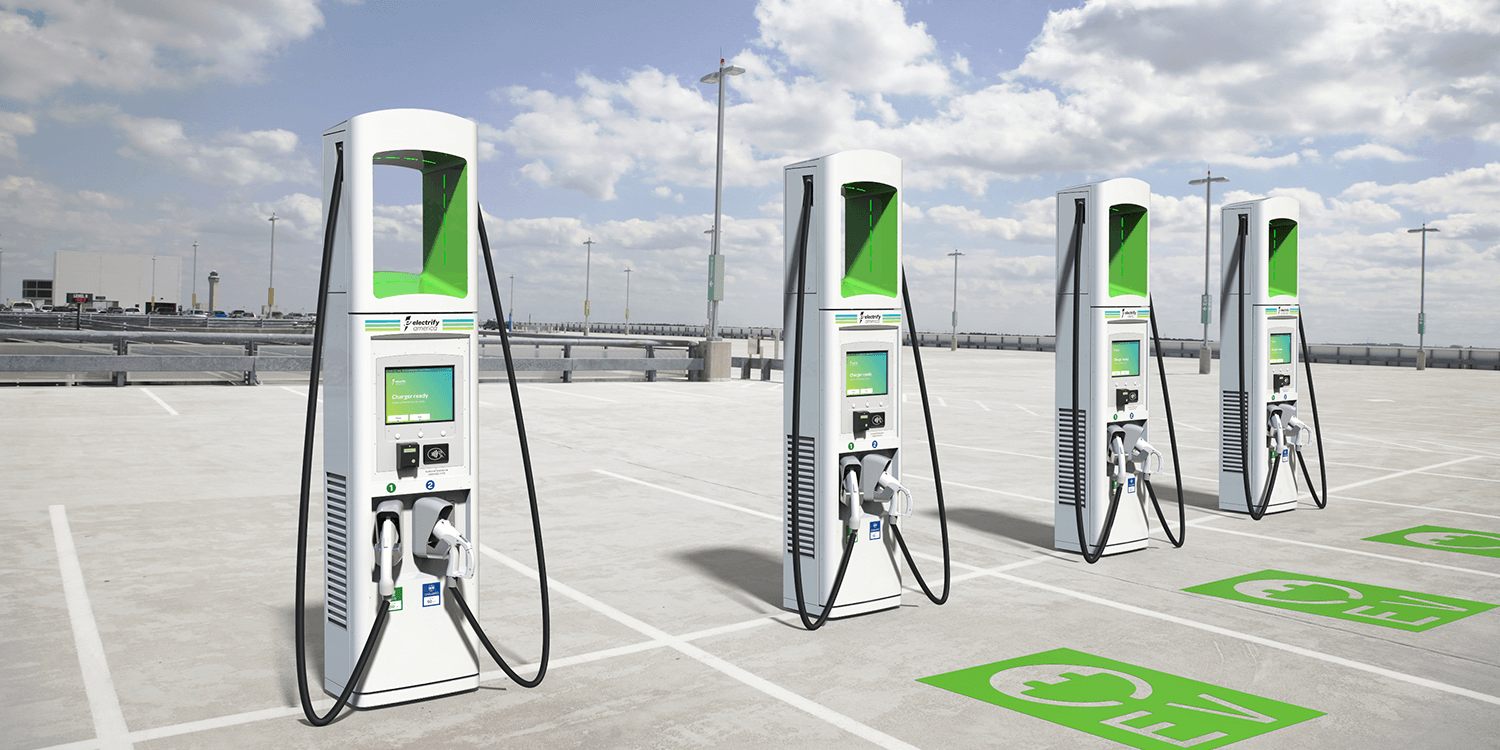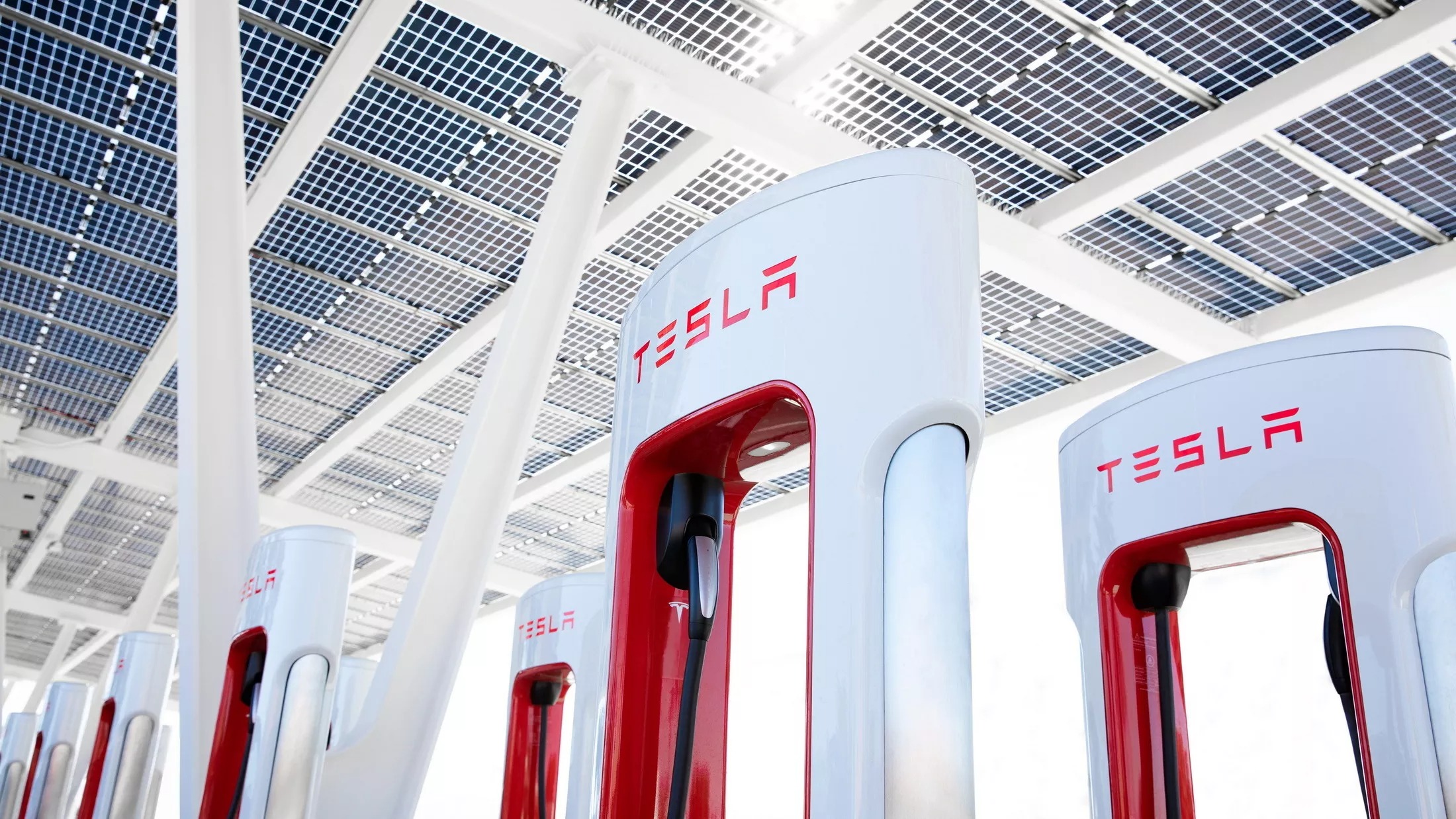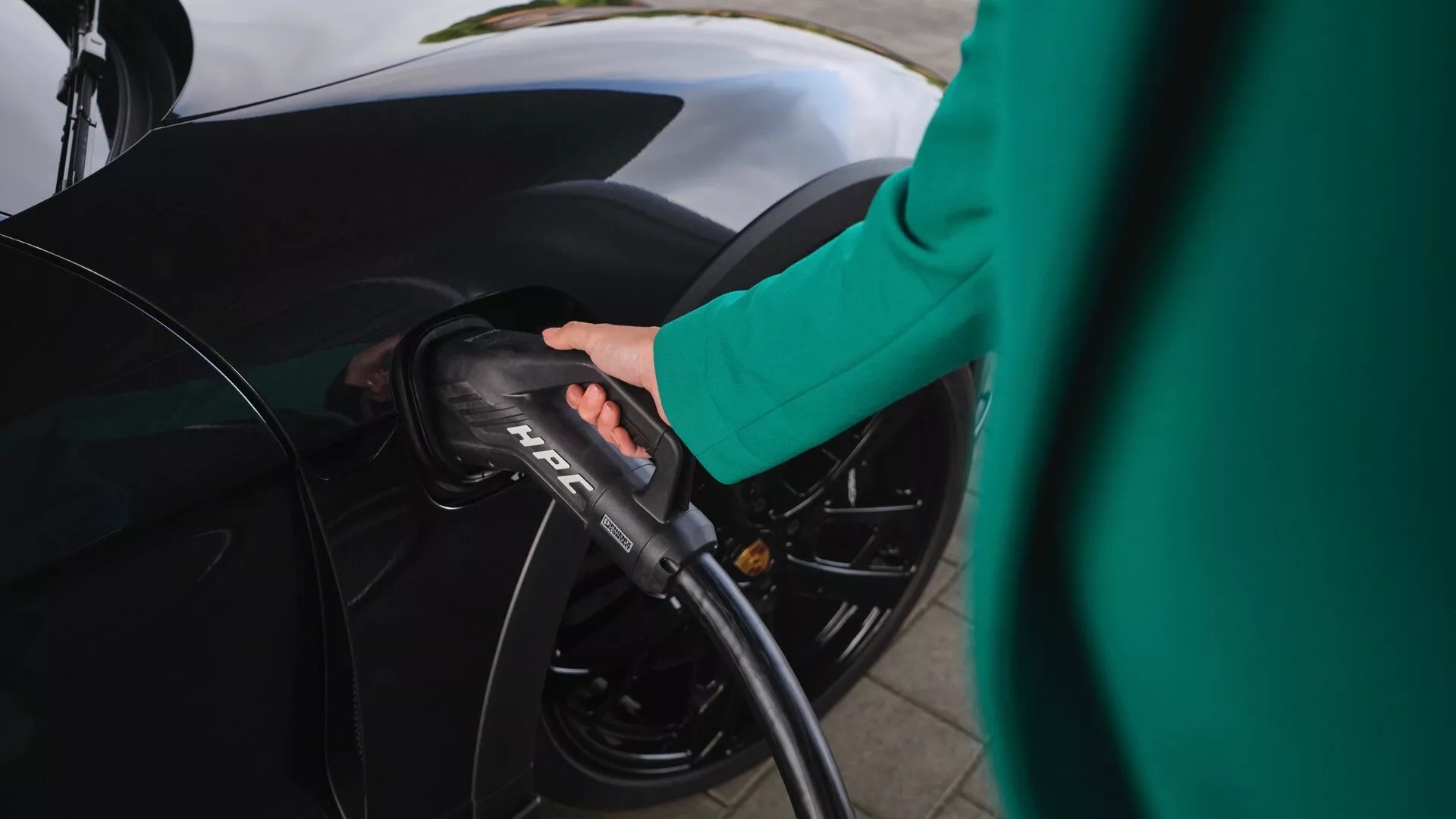Terra Motors, a prominent Japanese EV manufacturer, has announced its intention to invest over 10 billion yen (approximately 63.5 million euros) in the development of a robust fast-charging network in Tokyo. This ambitious initiative, as reported by nippon.com, seeks to primarily deploy 150-kilowatt (kW) chargers at commercial and public locations, as well as within the car parks of local authorities across the metropolis.
Terra Motors’ vision extends beyond Tokyo, with plans to establish similar fast-charging stations in urban areas of Aichi, Osaka, and Fukuoka prefectures in the near future.
See also: Japan Aims to Double EV Charging Stations to 300,000 by 2030
Japan’s EV market, while gradually gaining momentum, lags behind global standards, with a low single-digit share of new registrations. This disparity can be attributed in part to the scarcity of public charging stations. According to data from the International Energy Agency (IEA) in 2021, Japan had approximately 29,000 public charging stations, a stark contrast to South Korea’s 107,000 charging stations, despite the latter’s smaller population.
Recognizing the urgency of the situation, Japan recently revised its charging infrastructure expansion target. The nation now aims to deploy 300,000 charging points by 2030, doubling its previous goal of 150,000. A crucial aspect of this plan is the reduction of charging times. Presently, around 60 percent of fast chargers in Japan possess capacities of less than 50 kW. The government’s strategy entails increasing the average power of fast chargers from the current 40 kW to 90 kW.
Billing for charging processes is also set to undergo transformation. Japan currently bases its tariffs on charging time. However, by the end of the fiscal year 2025, the government intends to implement a system based on the amount of electricity consumed during charging. Additionally, to incentivize the expansion of fast-charging stations with power capacities exceeding 200 kW, Japan’s government plans to relax safety regulations, reducing the cost of installation.
See also: Japanese Government to Ease Safety Regulations for High-Power Charging Stations
Japan’s commitment to electrification is further underscored by its decision to prohibit the sale of combustion vehicles from 2035. Nevertheless, electrified vehicles, including hybrids, will remain permissible, reflecting the nation’s broader push toward sustainable mobility solutions.
Terra Motors’ substantial investment in Tokyo’s charging infrastructure is poised to play a pivotal role in accelerating Japan’s transition to electric mobility, addressing the pressing need for expanded charging options across the country.

